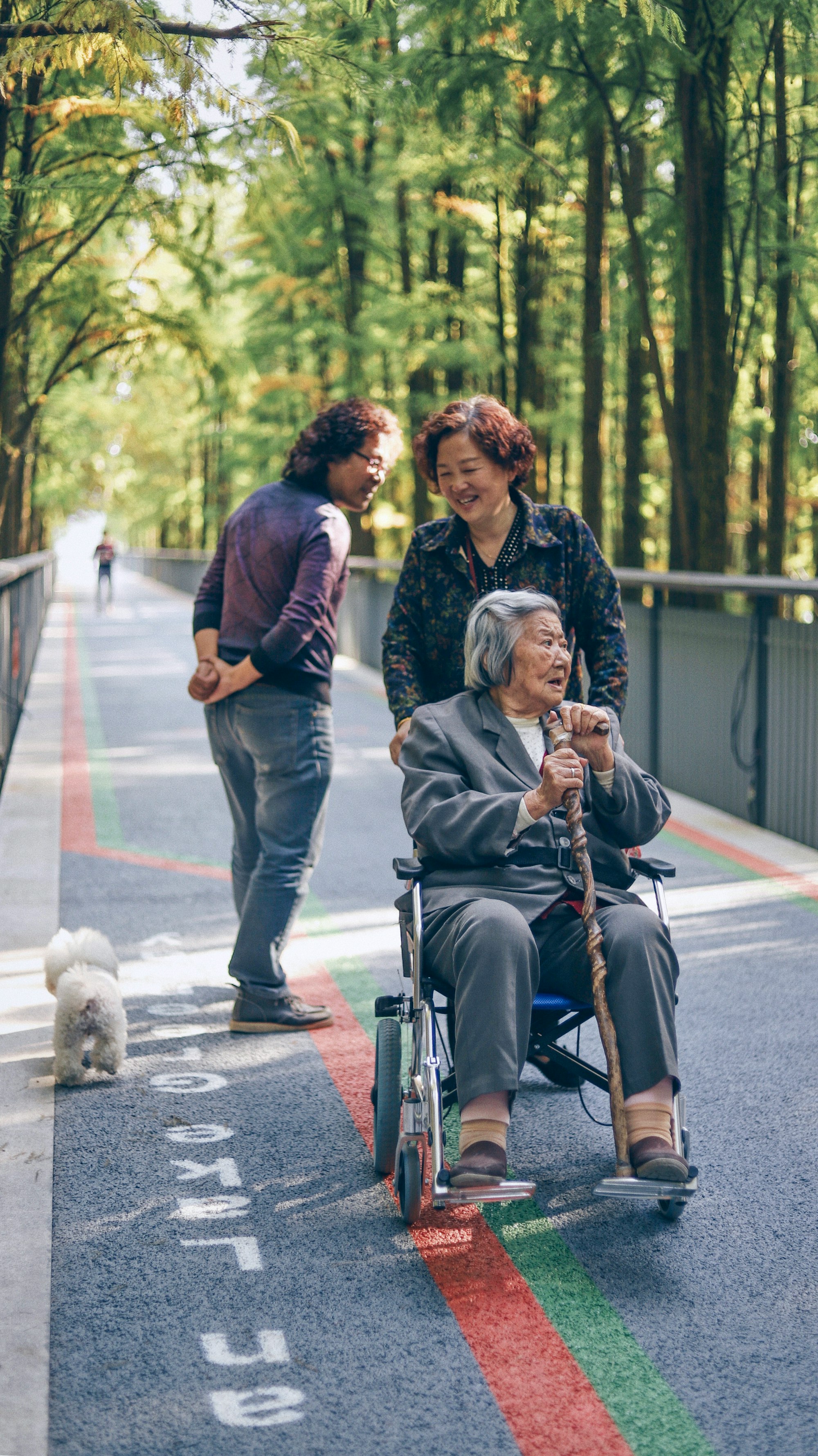Tips to Overcoming Your Parents Refusal for Senior Assistance At Home
Navigating resistance to senior assistance at home can be challenging. Learn how to communicate effectively and empower your aging family member to maintain control over their life with these tips and strategies. Avoid common pitfalls and work towards a positive outcome for everyone involved.

The prospect of introducing in-home senior assistance can evoke strong emotions and even resistance from aging parents. As we journey through life's changes, both physical and emotional, resistance to such changes is a natural response. Physical limitations and evolving mindsets can make once-cherished activities challenging, and the evolving dynamics of friendships and relationships further add to the complexity.
Yet, encountering resistance is part of this process. Many seniors fear the loss of independence and control that assistance might bring. The idea of a stranger entering their private space often leads to resentment. Reacting with frustration or anger only deepens the opposition.
How to Keep Your Elderly Parent Safe in Their Home Longer
Threatening alternative placement, like a nursing home, exacerbates this sense of powerlessness. Empowerment is crucial, achievable through open dialogue in a family care meeting. Highlight how in-home help can enhance their quality of life.
Acknowledging their emotions without engaging in confrontation is essential. Avoiding phrases like "should" or direct use of "you" prevents defensive reactions. Instead of saying, "You need help," express concern for their safety and well-being.
An "I" approach, focusing on your feelings and concerns, fosters understanding. Addressing worries about hygiene and appearance, for instance, is more productive when expressed as genuine concern.
Empathy is key. Put yourself in their shoes to understand their feelings. Communicate on a level that resonates with their fears and frustrations.
Some Communication Tips to Overcome Resistance
Navigating such conversations can be challenging but rewarding. Remember, this is a gradual process. Patience is key. Empower them by involving them in decisions and emphasizing their control over their life. This approach minimizes resistance and encourages a more receptive attitude toward in-home assistance.
How to Ease Your Aging Parents Loneliness
Key Insights:
Acknowledge Guilt: Caregivers often grapple with guilt; recognize this emotion and practice self-care.
Seek Support: Build a network of friends and family to share your caregiving journey and consider professional assistance for overwhelming guilt.
Balancing Act: Prioritize caregiving for your loved one while ensuring your own well-being; a balanced approach leads to quality care.
By embracing empathy, understanding, and patience, caregivers can pave the way for effective communication and ultimately, successful adoption of in-home senior assistance.
You might also like this article:












